|
For over 27 years I have sponsored a number of little children through CCF (now Child Fund of Ireland). It began in the summer of 1996; I was doing well at work and thought it might be a nice idea to help out a child less fortunate. I asked to be matched with a little girl if possible as I hoped to be able to help in her education even in a small way of £15 a month. Studies have shown that an educated girl may in time become a mother, and an educated mother benefits the whole family not least in nutrition, healthcare and in the future education of her children. I was soon matched with the almost-nine-year-old Suzie (not her real name). She was from the Philippines, the daughter of a young fisherman and his wife who earned some extra money rearing pigs. When I first connected with her, there were 5 children in the family; two girls and three boys. Subsequently, her older sister married at 16 and left the household …. and her parents had another baby girl. CCF encouraged us to write to each other. In the days before social media, I looked forward to receiving Suzie’s letters – arriving every couple of months. I loved hearing about her childhood exploits at school, hearing about her Christmas & Easter celebrations, various festivals, her closest friends and things happening in her family. I in turn told her a bit about life in Ireland, obviously keeping things culturally appropriate and interesting to a 9-year-old girl. At Christmas time (which was a time of great celebration for her family, I always gave a little extra for the family and also for the community she lived in. We exchanged homemade birthday and Christmas cards and whenever I could I sent her small gifts that would fit in an envelope (e.g. balloons, hair slides, crayons, pens etc.). Over the years, I saw from her photos that she was growing into a beautiful, happy and healthy little girl. CCF also sent an annual progress report on her. And she moved on from elementary school to high school. I was sad to be honest when she came of age and was no longer part of the CCF program when she left school to get a job. I had sponsored her up until Sept of 2006 – ten whole years. And we had created a bond. I have sponsored other children since Suzie …. but she was the first. Over the years, I thought of Suzie of often. I hoped that she was happy and healthy. All correspondence between us had gone through the local Filipino CCF offices so I never did have a home address for her. And once she left the sponsorship program, correspondence between us ceased. So, imagine my amazement and delight when I received a Facebook Messenger message in the wee hours of the morning on 29 Nov 2019 out of the blue. It was from Suzie saying hello, remember me, I was your sponsor child all those years ago, I saw your picture on Facebook, I remember you!!! You could have blown me away!! She went on to tell me she kept the letters and photos I sent her and sent me back a photo I sent her of me in Christmas 1997. She said she was still in the Philippines and was happily married with 3 children (and has had another baby since we reconnected). My little almost-9-year-old sponsor child is now 36 years old!! I sometimes doubted whether child sponsorship was ethical, whether it did more harm than good. But it’s been affirming to hear from Suzie how grateful she was that I had helped her as a little girl, how happy she was to reconnect and how important it was in building her self-confidence. She said her mother also remembered me and was so happy we had reconnected. So for the last 4 years now we have exchanged electronic messages – right throughout a volcanic eruption there and the covid epidemic. It’s so much easier to stay in touch now. Life is still economically tough for Suzie but she doesn’t let anything get her down and is resilient and optimistic. So, this week’s blog I’ve covered child sponsorship. I set out a few things I’ve learned about child sponsorship along the way. If you can do it, I’d say go for it. I can only speak for me and Suzie. It has brought blessings for us both. And as the saying goes “we can’t help everyone, but everyone can help someone” 8 things I’ve learned from child sponsorship 1. Expectations A distinct aspect of an individual sponsorship is that it generates a personal connection between the donor and the sponsored child. This connection can lead to unrealistic and unattainable expectations for both parties. But it can be an education too for both parties. The extent of poverty in developing countries can be overwhelming for a sponsor and it may seem that your contribution is never enough so you need to work out what you can give and not feel guilt. Equally, the child may develop false hopes and runs the risk of having frustration build over time. This can only be dealt with by open and honest dialogue between both parties. 2. Dependency Individual sponsorship can lead to significant problems for the child in the event of the sponsor withdrawing. In fact, if the donor decides to stop his/her patronage and the organization cannot find a replacement the child may lose all external help. When you chose to be a sponsor, you must expect to be in it for the long haul. In my case with Suzie it was 10 years. But 10 years I don’t regret. 3. Sponsor influence Sometimes, I’ve heard that a sponsor may believe they have rights to influence the child’s personal and spiritual development. Many sponsor organisations demand a religious education for the sponsored child and for them to adopt the same religious orientation of the sponsor. In my dealings with Suzie, I would regard this as overstepping the mark. My sponsorship had no strings attached. I was not and never would take the place of Suzie’s parents. It was an accident of birth that I am comparatively privileged but that privilege should never impact on parental rights. 4. Letter exchange Despite proofreading carried out by the sponsor organisation, letters exchanged between the two parties can be culturally inappropriate. In fact, I can imagine that in many cases the letter exchange does not take into account the cultural environment of the recipient which can create cultural confusion for the child in question. I was always conscious of this when writing to Suzie and steered away from talk of possessions for example to concentrate on discussing experiences and relationships. 5. Social repercussions involving a privileged sponsored child Envy & jealousy Another disadvantage of individual child sponsorship is that the aid is given to only one child. I’d imagine this can create feelings of jealousy from the other children who don’t receive any help. The non-sponsored children can feel ‘unworthy’ of receiving aid and their self-confidence can begin to diminish. Moreover, if the children are in the same classroom, the teacher may have a tendency to pay more attention to the sponsored children while casting the others aside. The child receiving aid can develop feelings of guilt in regards to his classmates. These repercussions reinforce inequality and stall the potential of the community to help itself. That’s why I was always careful to contribute to the community project as well. 6. Familial tension An individual sponsorship can also cause the parents of the child to feel humiliated for not being able to meet the needs of their child and embarrassed that a stranger has assumed responsibility in their place. They may feel frustrated that only one of their children receives help. The brothers and sisters of a sponsored child may develop feelings of jealousy as well. Consequently, the sponsored child can find himself isolated from both family and friends. In my case with Suzie, she made a point of ensuring her siblings benefited whenever she could e.g. by buying a radio they could all listen to. 7. Paternalistic relations The connection between the sponsor and the child is often a relationship based on paternalism. In fact, the sponsor may attempt to exert a certain influence or even authority over the child. The personal initiative of the child isn’t encouraged – the situation is always perceived as the rich helping the poor. Frequently, the sponsor organisation will require the child to send letters to the sponsor – a practice which forces the child to continually display an air of gratitude. This relationship perpetuates negative stereotypes in which third-world citizens are perceived as passive or helpless. In Suzie’s case, I never wanted gratitude…as I said it was an accident of birth that determined our circumstances, so I would never expect letters as a right. Suzie liked sending and receiving letters from what I could tell. In other children I have sponsored, I have not had the same amount of correspondence as I felt the children had little English and the letter writing a chore for them. 8. Keeping eye on the prize For me, all I ever wanted was to give the children a helping hand, a fighting chance in an unequal world. I see it as a chance to help with education and healthcare. What they do or don’t do with that chance is totally up to them. ❤️❤️ Bucket List Items Ticked Off in the above Blog post 123 Number 42 - Giving Back Other Blog Posts Blog 11 - Sydney, Australia Blog 12 - Hong Kong, China Blog 17 - Beijing, Xi'an & Shanghai, China Blog 19 - California, USA Blog 27 - Scotland Blog 28 - Barbados Blog 29 - Canada What do you think of child sponsorship? Tell me about it in the comments section below. If you liked this post, please share. Sharing is caring 😊
0 Comments
Leave a Reply. |
AuthorMy name is Mary and this is my bucket list blog ...having survived a near-death experience. I hope it encourages you to "live your best life". See how I'm completing my own bucket list items. And let me know how you're getting on with yours! Archives
July 2024
Categories
All
|

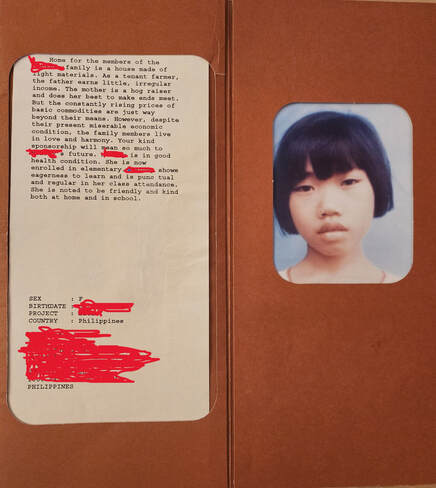
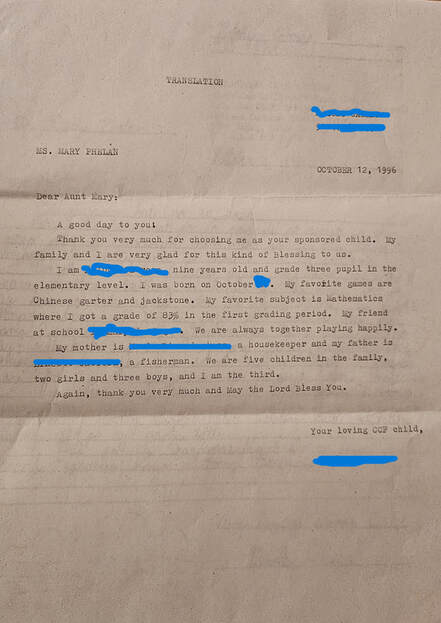
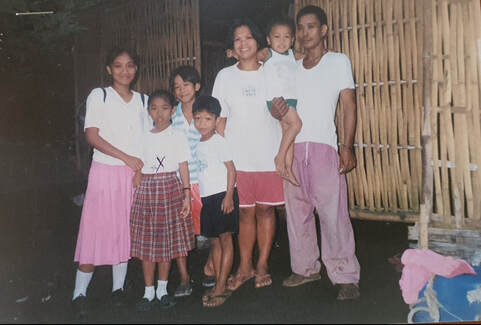
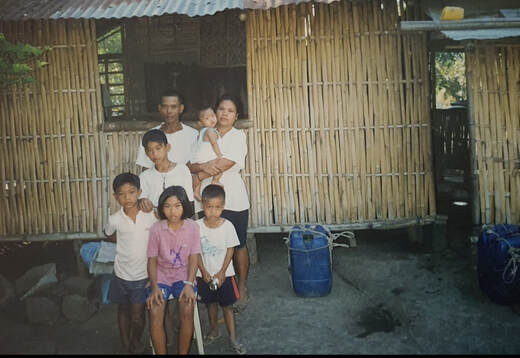


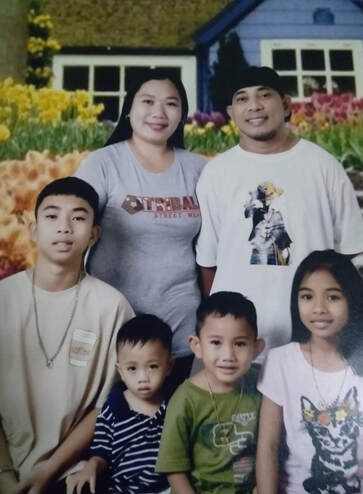
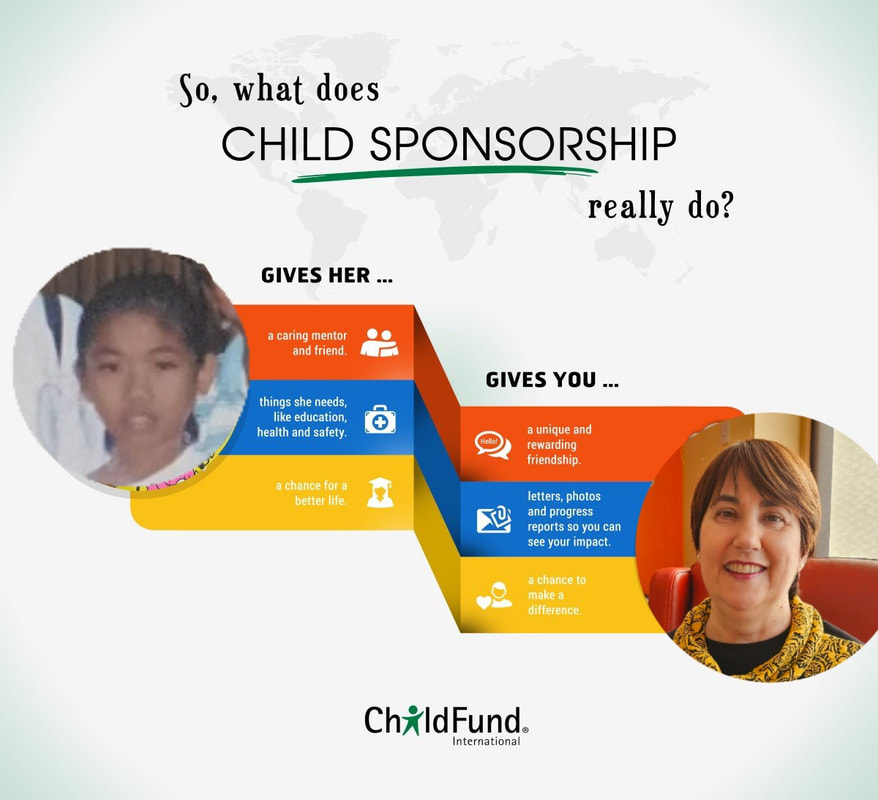
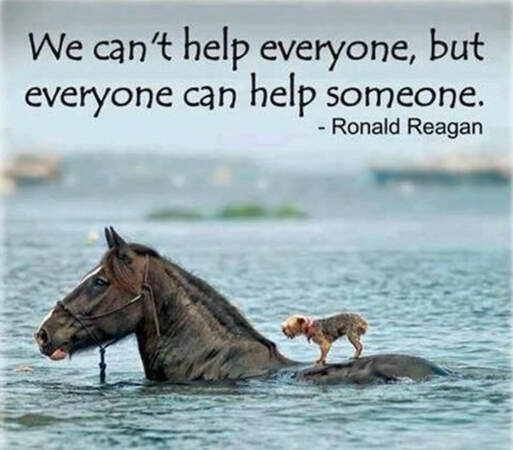
 RSS Feed
RSS Feed